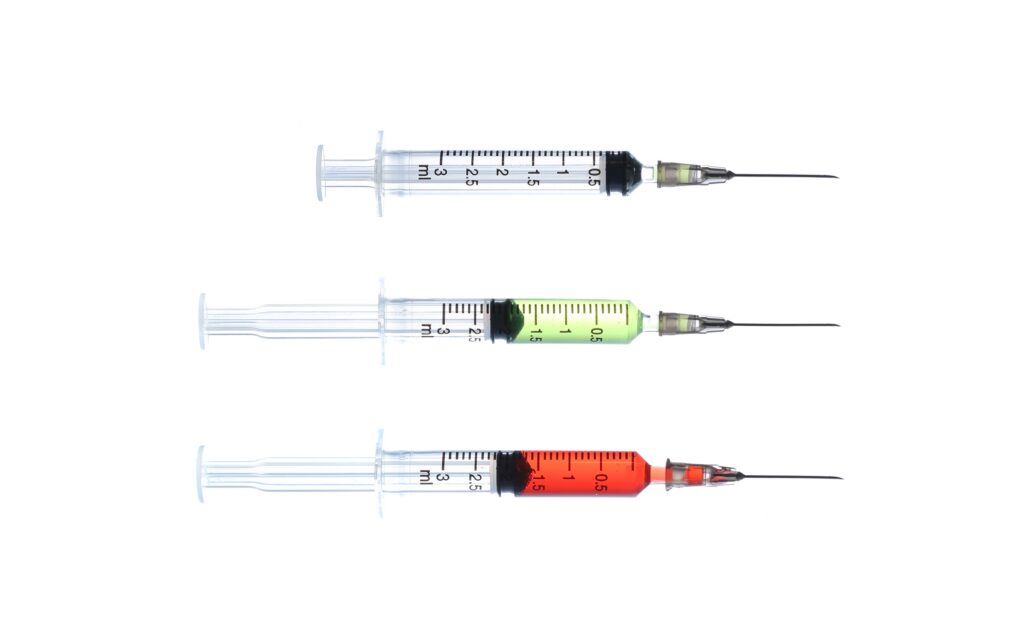As Local Opioid Fatalities Climb, Harm Reduction Advocates Push For Overdose Prevention Center
R Street’s Chelsea Boyd spoke with WAMU about addressing D.C.’s opioid crisis.
—
But federal statutes make expansion difficult. A provision of the national Controlled Substances Act colloquially known as the “crack house statute” prevents individuals or organizations from maintaining or opening a place for the purpose of using a controlled substance. In New York, state officials vowed to not enforce the law on safe consumption sites. In Rhode Island, a similar program for a safe-use site has been approved for a two-year pilot. But in Philadelphia, an overdose prevention center called Safehouse has been in a years-long legal battle with the Justice Department. In California, Governor Gavin Newsom vetoed a bill for safe consumption sites last year.
“The Biden administration has not come out in support or opposition of OPCs [overdose prevention centers] so it’s kind of in a gray area from that perspective,” said Chelsea Boyd, a resident research fellow on harm reduction at R Street Institute, a D.C.-based think tank. “And really, what needs to happen is there needs to be some clarification from the federal government in order for OPCs to open and first states and localities, I believe, to be comfortable with opening OPCs.”
—
Listen to the segment below.

Sign up for R Street’s newsletter today
Stay up to date with the latest real solutions to pressing public policy problems from R Street’s scholars, with just a dash of snark.




